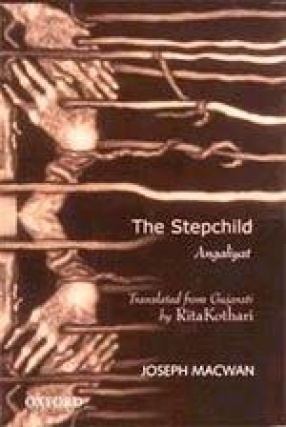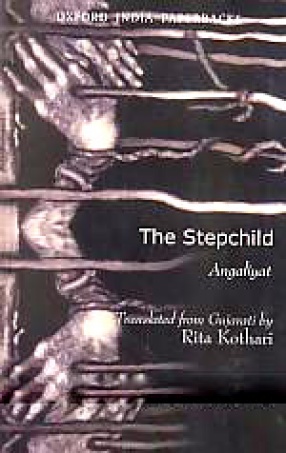The Stepchild is a cornerstone of Gujarati literature, the first Dalit novel set in rural Gujarat of the 1930s, which draws attention to its own aesthetics and political ideology. Rich in local idioms and expressions, the novel vividly explores the ethos, fears and aspirations of the Vankar community through the characters of Valji, Methi, Teeharam, and Bhavaankaka. Angaliyat in Gujarati, is a child whose mother leads him by the hand to his stepfather’s house. This is metaphorically the social position of the Vankars, a Dalit community. Significant from several points of view, the novel provides a view of ‘history from below’. Caught in external and internal forms of subjugation, the community of weavers, the Vankars, is subject to oppression from the more powerful upper castes, the Patels. Through the use of powerful dialogue, the author illustrates the subtlety and complexity of the major Dalit characters, and elevates them. But they are ultimately defeated by the dominant castes in the story. The novel critiques systems of internal colonization that exist within the Hindu caste system, which is far more difficult to fight than the British colonization of the land. Angaliyat represents the recently emerged genre of the Dalit novel. Today, Dalits are both asserting their identity and challenging a society that had earlier excluded them, by writing about their lives themselves. This translation is aimed at students and general readers interested in regional Indian literature and anyone who is trying to understand South Asian society.
The Stepchild = Angaliyat
$24.30
$27.00






There are no reviews yet.